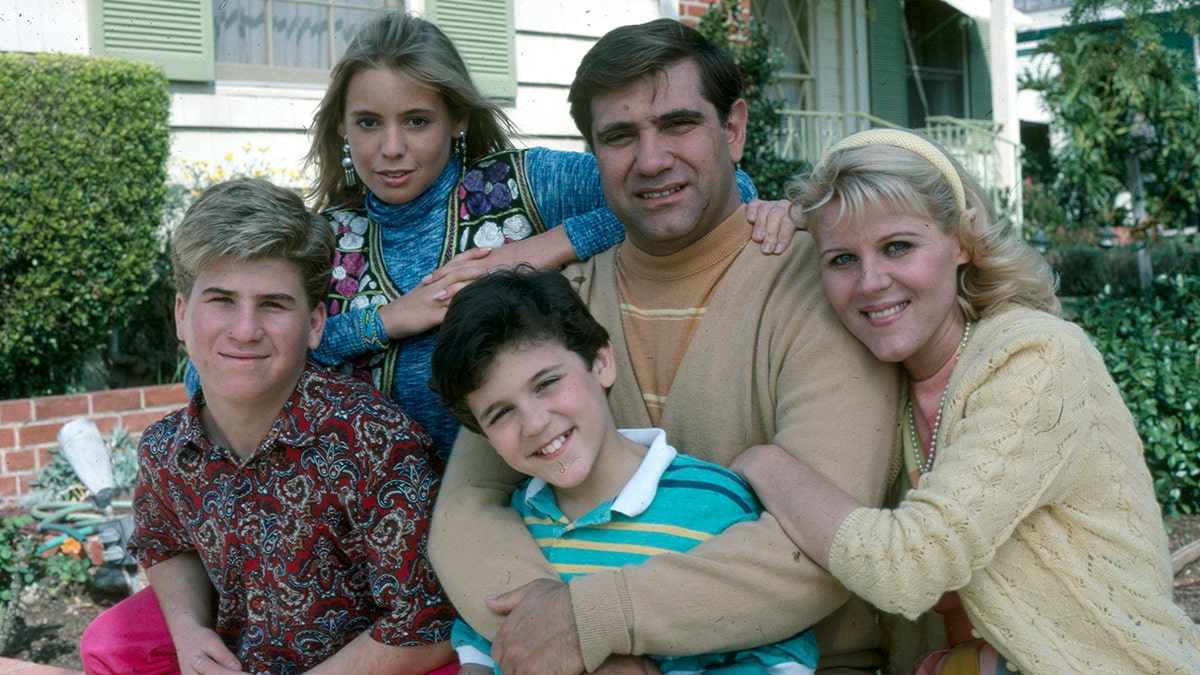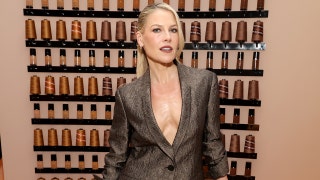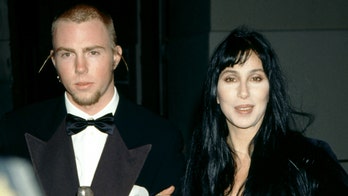
From l-r: Jason Hervey, Olivia D'Abo, Fred Savage, Dan Lauria, Alley Mills of "The Wonder Years." (ABC via Getty)
The classic TV coming-of-age show “The Wonder Years” was pulled off the air because of a “completely ridiculous” lawsuit against its then-16-year-old star, Fred Savage, one of his co-stars says.
Actress Alley Mills, who played the mother of Savage’s character Kevin Arnold, said that when the cast filmed the season six finale of the hit ABC show, there was a question whether it would be renewed because of a sexual harassment lawsuit that had been filed against Savage and co-star Jason Hervey, then 20.
“When we shot the series finale…nobody knew whether or not ‘The Wonder Years’ was going to be renewed. And that’s because of a completely ridiculous sexual harassment suit that was going on against Fred Savage — who is like, the least offensive, most wonderful, sweet human being that ever walked the face of the Earth,” Mills told Yahoo.
SCOTT BAIO RESPONDS TO ALLEGATIONS HE MOLESTED FORMER CO-STAR WHEN SHE WAS A MINOR
Mills said if it hadn’t been “for all that garbage,” she is sure the show would have continued for a seventh season.
Former costume designer Monique Long launched the suit in 1993 in Los Angeles Superior Court after she alleged she couldn’t do her job and was fired because Savage asked to hold her hand, requested an affair and made sexual remarks.
The suit was dropped after an undisclosed out of court settlement was made.
When asked how she felt having her name brought up after all these years, Long told The Post on Sunday: “I have no comment until I speak to my attorney.”
Mills says she’s still angry she didn’t have a chance to defend Savage, now 41.
“It’s a little bit like what’s happening now — some innocent people can get caught up in this stuff; it’s very tricky. It was so not true. It was my dresser, and I don’t care if she’s listening — I probably shouldn’t be telling this, but I don’t care because it was so long ago and it’s gotta be over now.”
Mills said she blames ABC for settling the case.
“I just thought this was a joke. You know, they bought her off, which really made me mad,” she says. “That was incorrigible that the network did that; they should never have paid her off. They wanted to avoid a scandal or something, but it made them look guilty. You know, you don’t pay someone off when there was no crime, you just fire the girl.”














































